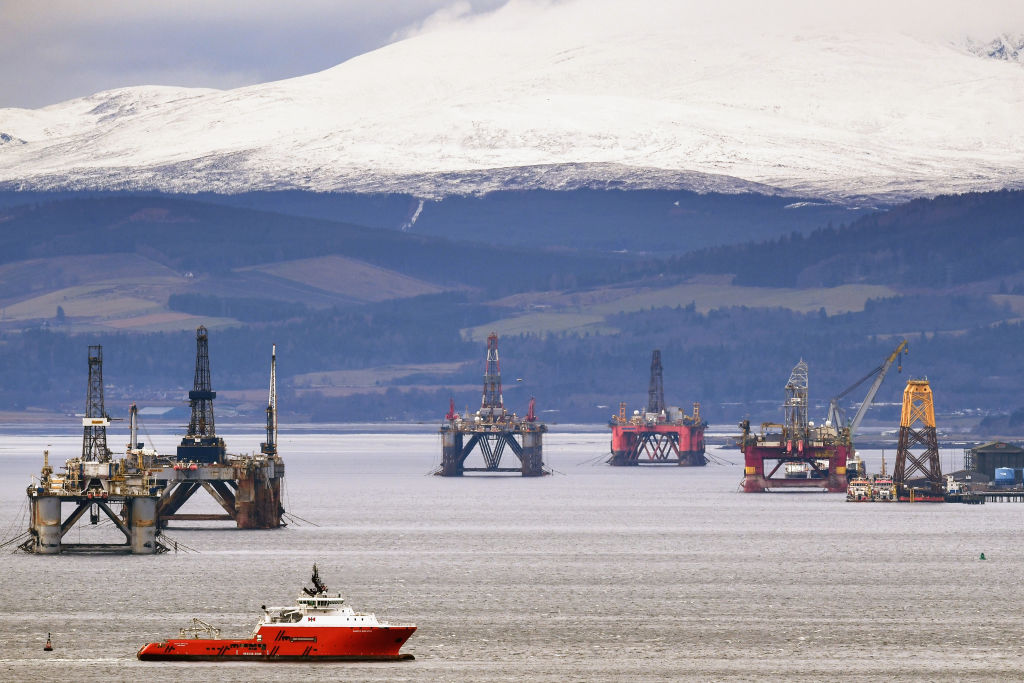Energy sector workers fear UK jobs could vanish in net zero push

More than half of workers operating in the oil and gas sector (60 per cent) fear the shift towards net zero and green energy will put their job at risk within the next two years, according to new research from skills group City and Guilds and trade association Engineering UK.
It also revealed that only a third of fossil fuel employees believe they have the skills to adapt to roles in low carbon industries, and barely a quarter (26 per cent) felt they had access to training that will allow them to adapt to future changes in the industry.
Meanwhile, less than half of workers across the wider energy sector (42 per cent) – including renewables – feel businesses in the industry are ready to meet the government’s decarbonisation targets, with an equally low number (42 per cent) believing the government is doing enough to support the transition to mass electrification and green energy.
The report has exposed the lack of confidence many energy sector workers have in their own futures with the government pushing to decarbonise the electricity grid by 2035 – while ramping up renewables and nuclear power.
Decarbonisation is a fundamental aim for the Conservatives as it targets net zero over the coming decades and fulfil the goals of the Paris Agreement – which looks to contain global temperature rises to ‘well below’ two degrees from pre-industrial levels.
Around 743,000 people were directly or indirectly employed in the energy sector last year – equating to one in 48 jobs in the country, according to trade association Energy UK.
The survey includes responses from over 1,000 workers with a near equal split on employees in high carbon industries such as oil and gas, and low carbon industries like wind, solar, and nuclear.
If the polls proportionately reflected the outlook of the entire industry, this would mean hundreds of thousands of workers fear their careers are in jeopardy.
Bleak times for oil and gas workers?
Fresh concerns for oil and gas operators adapting to a net zero future follows Labour leader Keir Starmer pledging last month to prevent de-industrialisation in the North Sea – as it shifts over the coming decades from chiefly oil and gas production to offshore wind, hydrogen and carbon capture.
“If you leave this many people behind, a nation cannot grow fairly. We can’t do it with low wages. We can’t do it with insecure jobs and bad work, with a stand-aside state that doesn’t fight for the future, without a proper industrial strategy,” he said.
His party has been under fire from union GMB, after Labour pledged to ban new fossil fuel fields in the North Sea if it wins the next election.
The Climate Change Committee, Westminster’s independent advisory group, predicts half of the UK’s energy requirements between now and 2050 will still be met by oil and gas, and as much as 64 per cent between 2022 and 2037.
Andy Moss, chief customer officer at City and Guilds said: “Many employers have told us that uncertainty over the timing and scope of major energy projects inhibits their ability to invest in skills for the long-term. We must unite to tackle this, with industry and government working in partnership to equip the energy workforce with the green skills required for the future. If we don’t act now, we’ll almost certainly lose the race to a more sustainable future.”
When approached for comment, a department for energy security and net zero spokesperson said: “We’re leading the world in transforming our energy industry by pumping billions into renewables, with over 80,000 green jobs currently being supported or in the pipeline.
“Our plans to power up Britain are expected to attract a further £100 billion investment in green industries of the future and support 480,000 jobs by 2030, helping to level up communities across the country.”